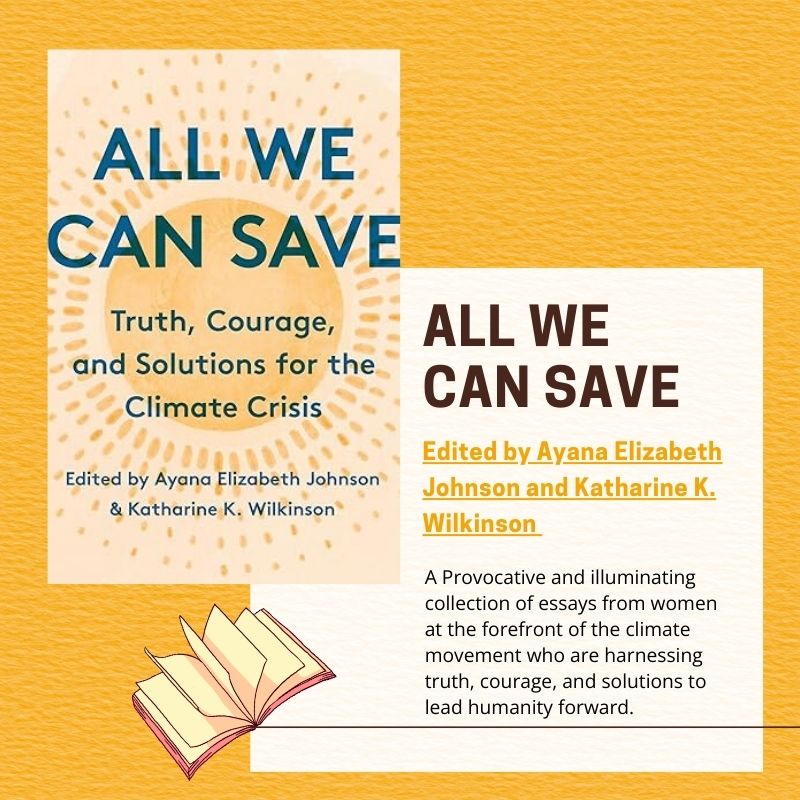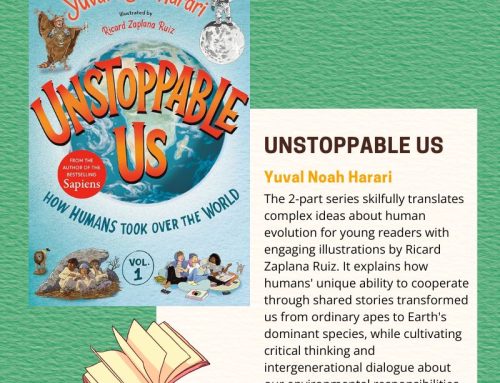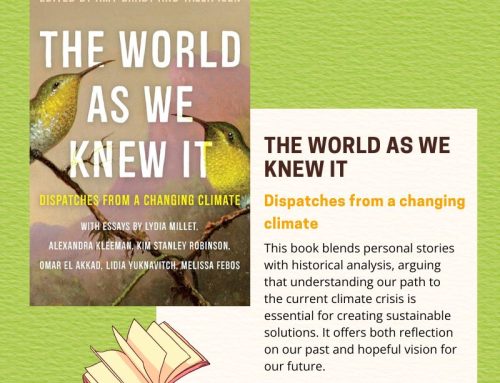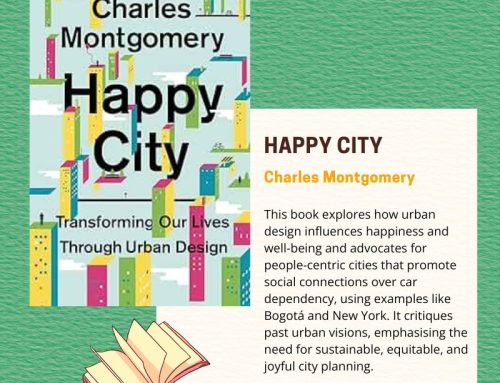All We Can Save: Truth, Courage, and Solutions for the Climate Crisis begins with a note about Eunice Foote. If you don’t already know Foote, you must learn about her now. In the 1850s, Foote established that greenhouse gases like carbon dioxide and water vapour trap heat close to the earth’s surface, increasing the earth’s temperature and leading to climate change. She was the first scientist to demonstrate this. This was not her only contribution to the world. She was also involved in the early movement for women’s rights. Eunice Foote was a climate feminist who paved the way, albeit a long and hard way, for the climate feminists who came after her. Many such climate feminists make ‘All We Can Save’ the worthwhile read that it is.
As editors of the book Ayana Elizabeth Johnson, a marine biologist and climate advocate, and Katharine K. Wilkinson, the lead writer of the Drawdown project, say, “So where do we go from here? First, take a breath. It’s a lot.”
Featuring essays and poetry from over 50 women leaders across various fields, the book is a previously unseen and multifaceted perspective on the climate crisis. It brings together voices often sidelined in the mainstream climate discourse.
The editors’ intention to centre feminine perspectives on climate action is both bold and necessary. They argue that the prevailing voices in climate discourse often prioritise profit and technological fixes over community and compassion. This book attempts to rectify that imbalance by showcasing approaches grounded in care, interdependence, and collective action. Each essay reflects a commitment to not only understanding the crisis but also fostering inclusive solutions.
One of the book’s greatest strengths is its diversity. Contributors include activists, scientists, poets, lawyers, and artists, many of whom are women of colour and indigenous writers. This collection of voices challenges the predominantly male, Western-centric narrative that has long dominated climate discussions. Through their personal stories and professional insights, the authors bring to light the nuanced and intersectional nature of climate issues, without ever losing their footing in reality.
In her essay A handful of dust, Kate Marvel writes, ‘Courage is the resolve to do well without the assurance of a happy ending. But even in desperate times, there is a line between brave and foolish. We have to do something. It does not follow that we should simply settle for anything.’ The book, through its narratives, implores readers to be thoughtful and considerate about their climate activism, keeping in mind how it impacts the few and the many alike.
While the book excels in bringing forward diverse perspectives, it is not without its shortcomings. There is an occasional repetition of themes, such as the need for systemic change and the importance of grassroots activism. But perhaps that was the intention? Sometimes you just have to hammer the nail on the head multiple times for it to take.
The lack of focus on disability, however, cannot be excused. Given that many climate leaders, past and present, have struggled with physical and mental health issues or disabilities, the absence of this perspective reads like a missed opportunity. Including voices that address the intersection of disability and climate activism, would have added more depth and created a comprehensive view of the challenges faced by most if not all marginalised communities.
Despite these minor flaws, All We Can Save is a compelling and essential read for anyone invested in climate action, not just climate feminists. The strength and creativity of the women leading the charge against climate change is a call to action for us all. The anthology’s blend of essays and poetry offers both inspiration and practical wisdom and is a reminder that the fight against climate change is not only about scientific and technological solutions but also about amplifying diverse voices to foster a collective, compassionate approach.
“For this is noble and necessary work, and it is impossible to do alone.” – Kate Knuth







